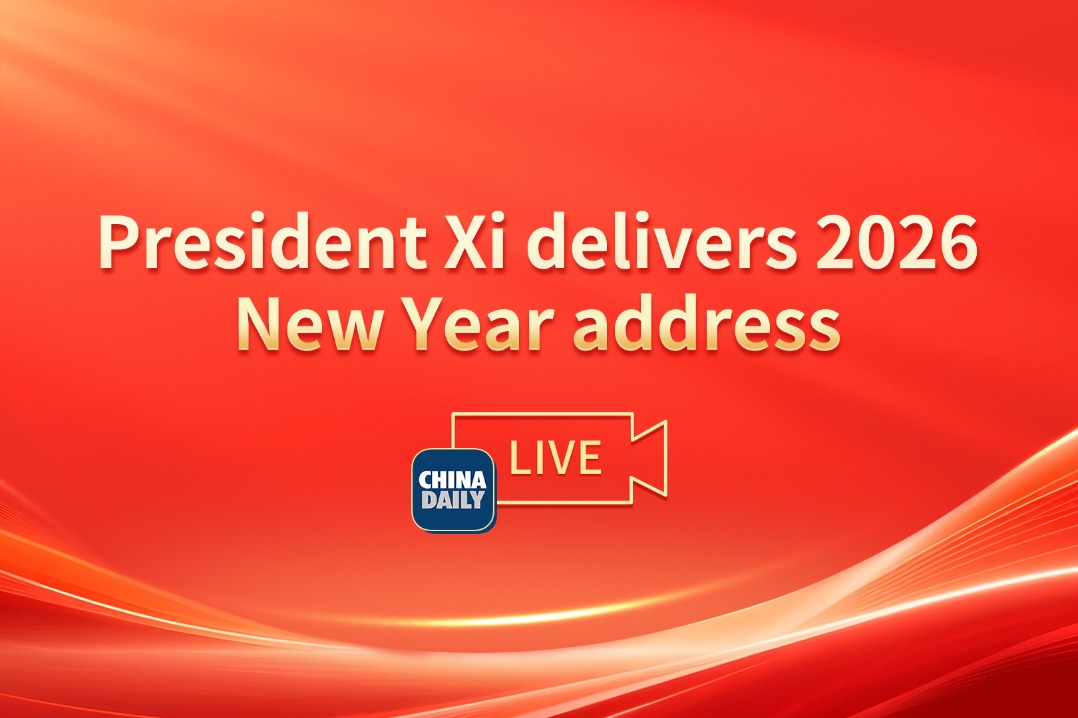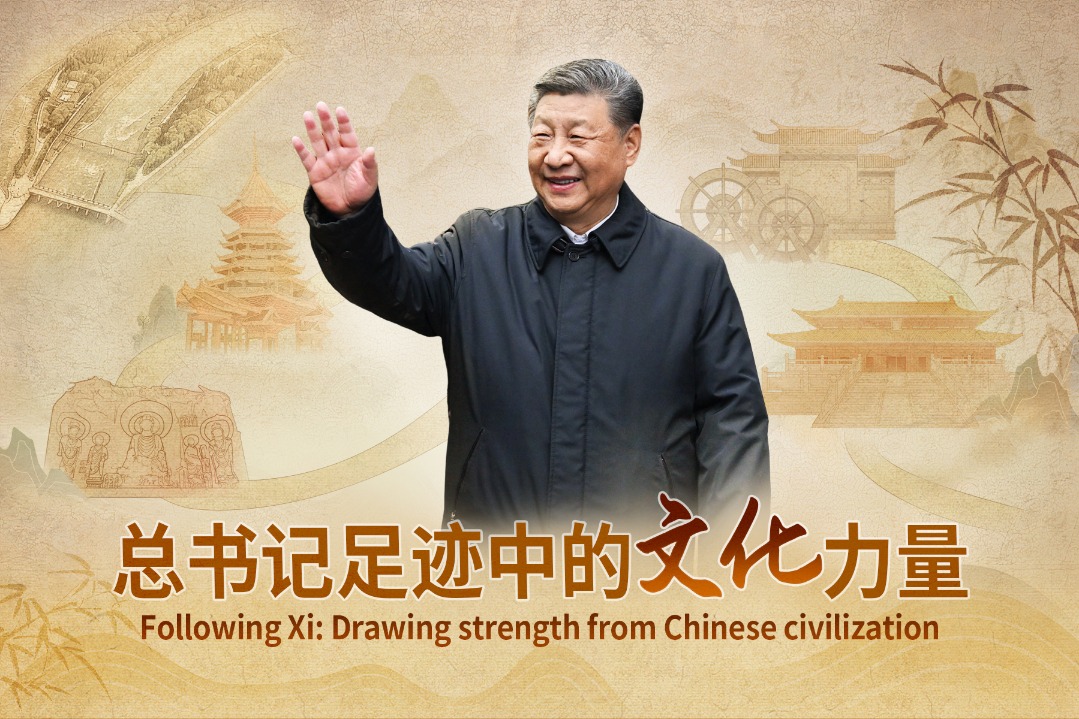Xi Focus-Profile: Xi Jinping, man of culture


On the world stage, Xi has proposed a series of new concepts regarding civilizational exchange and international relations, demonstrating China's commitment to being a builder of world peace, a contributor to global development, and a defender of the international order.
Xi's proposition of building a community with a shared future for humanity reflects the country's commitment to peace and stability. Introduced in 2013, this idea resonates with the Chinese nation's time-honored vision that "the whole world is one big family," envisioning a world where universal harmony prevails. It marks a fresh trajectory for advancing global civilizations, and paves the way for the ultimate realization of the full and free development of every individual, as envisioned by Karl Marx.
Nevertheless, concerns exist that an assertive China could challenge the existing world order. But Xi is optimistic that Chinese civilization's inclusive nature can foster coexistence with other nations marked by "harmony in diversity."
When speaking about "The Art of War" by Sun Tzu with foreign guests, Xi emphasizes that the fundamental message of this classic ancient Chinese military book is the importance of exerting all efforts to avoid war and exercising great caution if conflict becomes inevitable. In line with the Chinese nation's deep-rooted commitment to peace, Xi proposed the Global Security Initiative in a call for joint efforts to maintain world peace and stability.
Since last October, the escalation of the Palestine-Israel conflict has led to a humanitarian disaster. During his interaction with foreign leaders and participation in multilateral events, Xi has repeatedly called for a ceasefire, emphasizing that the fundamental solution to the conflict lies in implementing the two-state solution.
In efforts to de-escalate conflicts and restore peace in the region, China convened and chaired a high-level UN Security Council meeting on the Palestinian-Israeli issue, facilitating the adoption of the first UN Security Council resolution since the outbreak of the conflict. China has sent its special envoy to promote peace talks, increased humanitarian assistance, and extended a helping hand to the people in Gaza at a difficult time.
China also served as a mediator, successfully facilitating the restoration of diplomatic ties between Saudi Arabia and Iran last year. Daniel A. Bell, chair professor of political theory at the University of Hong Kong, commended China's efforts, describing it as "an inspiring example." Large and influential countries can play the role of peacemakers as they have more power and influence to bring warring sides to the table, he said.
One Chinese maxim that Xi frequently mentions during his overseas trips is, "Building people-to-people friendships is crucial for fostering positive state-to-state relations." Under his leadership, China has strengthened and broadened its global partnerships based on principles of equality, openness, and cooperation.
A champion of humanity's shared values, Xi launched the Global Civilization Initiative, urging collaborative efforts to respect the diversity of civilizations and tap into the profound significance of their histories and cultures in the contemporary world. This initiative stands as a robust response to concepts supporting the estrangement, clash, or superiority of civilizations.
Xi's Global Development Initiative emphasizes the importance of prioritizing development and adopting a people-centered philosophy to ensure that "no country is left behind in the process of global modernization."
To explain the values and sentiments that underpin the Chinese people's dedication to win-win cooperation, Xi draws on ancient Chinese sayings promoting actions for the greater good. The Belt and Road Initiative is a prime example. Sometimes referred to as the modern Silk Road, the initiative has garnered collaboration from more than 150 countries and over 30 international organizations, with nearly a trillion US dollars in investment.
When he was young, Xi once expounded on the Confucian idea of "Ping Tian Xia," or bringing peace and order to the world, which represents the ultimate stage of one's four-level personal pursuit. The other three are cultivating the moral self, managing the family, and governing the state.
Xi said, "Ping Tian Xia" doesn't involve conquering or ruling the world. Instead, it aims to uplift ordinary people from poverty, enabling them to live peacefully with sufficient food and clothing. He said that if all countries pursue peaceful development and strive for unity and harmony, it will bring the world closer to the goal.
When leading his colleagues in paying respects to Mao Zedong's remains to mark the 130th anniversary of Mao's birth last December, Xi underscored that the best way to commemorate the late Chinese leader is to continue to advance the cause he pioneered. Xi cited Mao's words: "We must always strive! We must always forge ahead! Our golden world, bright and splendid, lies ahead!"
"The best inheritance of history is to create a new history, and the greatest tribute to human civilization is to create a new form of human civilization," Xi said.
























